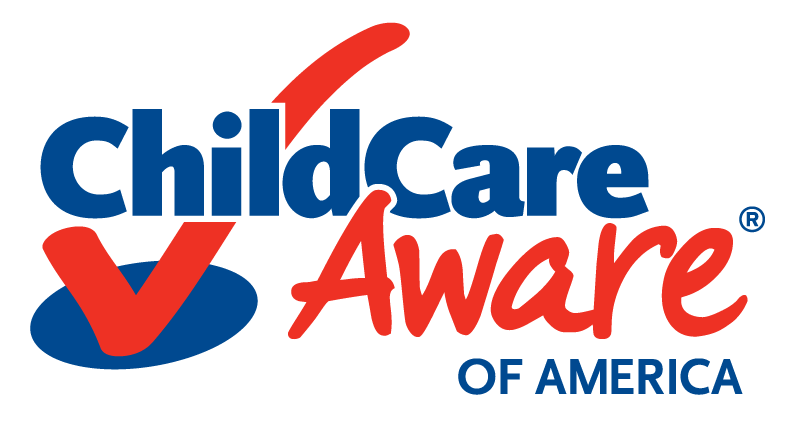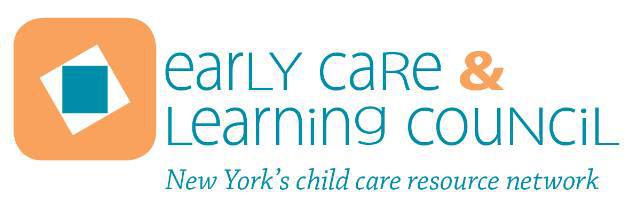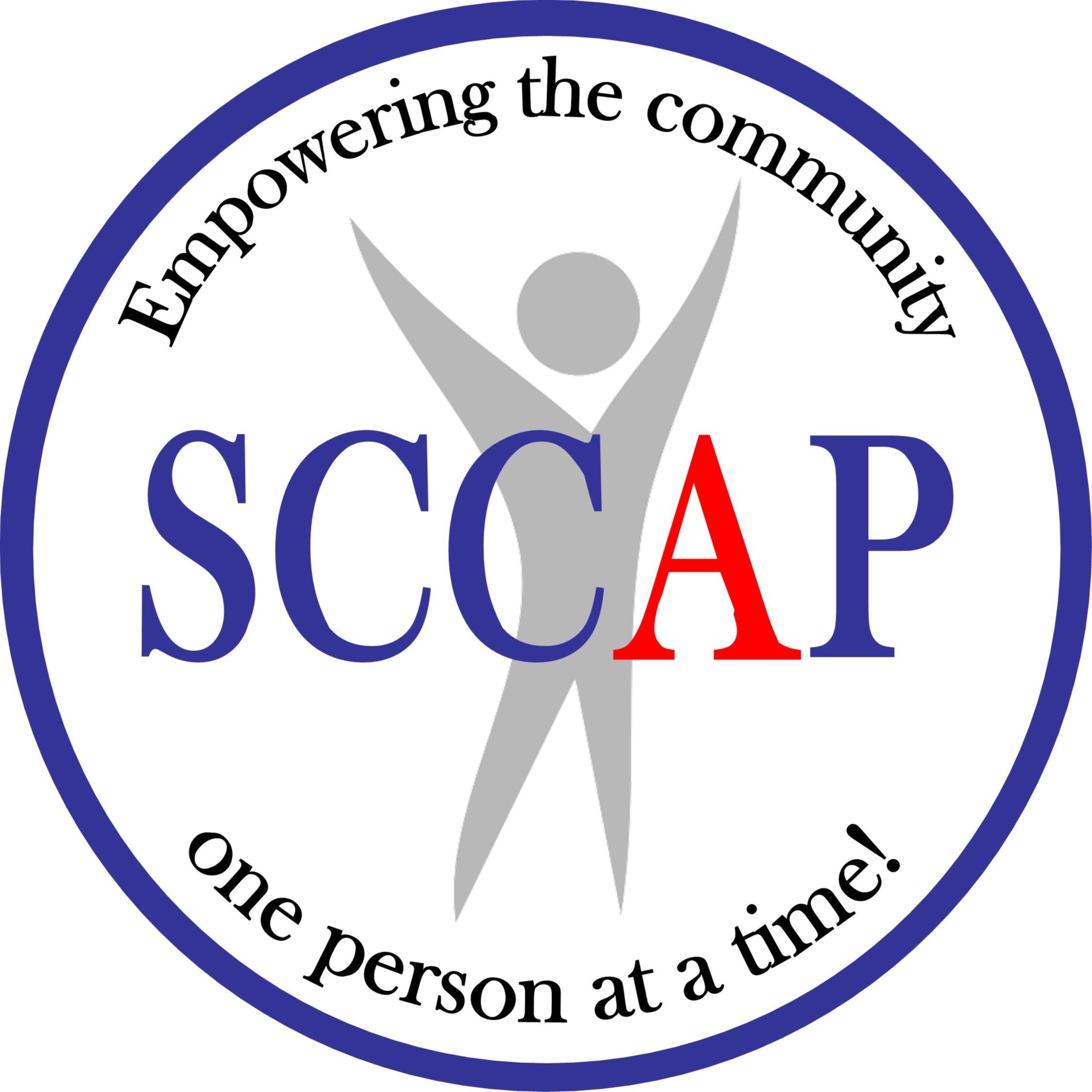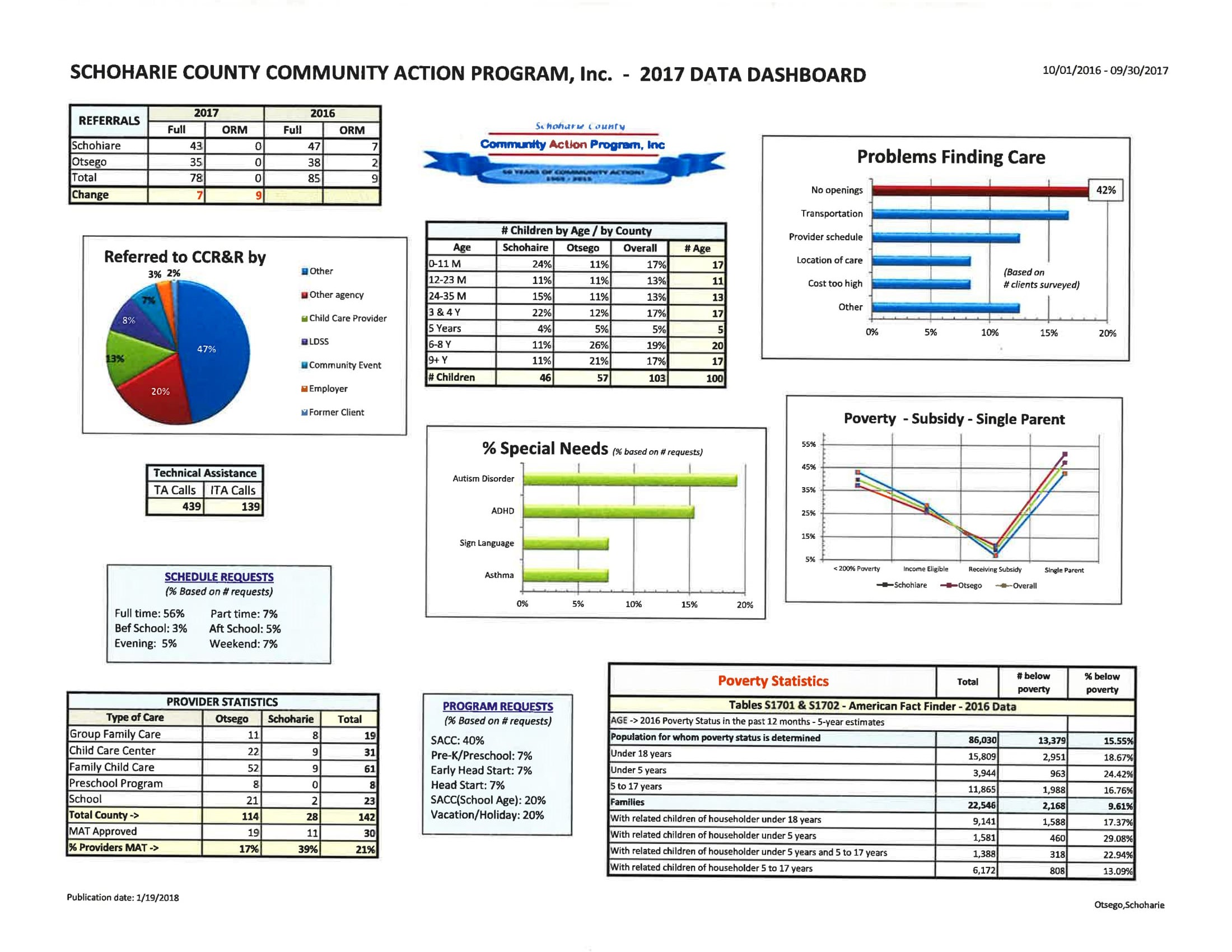Why Advocacy Matters
The first three years of life are a period of incredible growth in all areas of a baby’s development. But by age three, 85% of the core structures of the brain have been developed. Children who start behind, stay behind. Studies show that children with high quality early learning experiences have an advantage. They are:
- 40% less likely to need remedial services
- 30% more likely to graduate from high school
- 200% more likely to go to college
SCCAP’s Child Care Resource Center supports quality, accessible child care for Schoharie County’s children. Because of our commitment to quality care, SCCAP’s Child Care Resource Center works with the Early Care and Learning Council (ECLC), Winning Beginning NY (WBNY), and the Child Care Aware of America (CCA formerly NACCRRA). These organizations are leaders in state and national early care and education advocacy efforts.
Current Advocacy Messages and Agendas
Winning Beginning NY Executive and Legislative Agendas, 2014
Winning Beginning NY believes that in this time of fiscal crisis our State must preserve, protect, and increase access to high-quality early care and learning programs. These programs, all of equal priority, are essential for children’s success and our State’s economic recovery.
The Early Care and Learning Council believes that investments in early childhood have both short and long term economic benefits for our state, its families, and current and future workforce.
Child Care Aware of America (formerly NACCRRA)
The poor state of the economy is hurting millions of Americans. Working families with children depend on child care to get and keep a job.
- More than 11 million children under age 5 are in the care of someone other than their mother.
- Millions more school age children are in after-school programs.
- Child care often is difficult to find, especially for infants and toddlers. It is challenging to afford and of questionable quality.
Child Care Aware of America’s (CCA) public policy agenda is both grassroots-inspired and research-based. CCA recommends that Congress:
- reauthorize and strengthen Child Care Development Block Grant (CCDBG)
- increase the CCDBG quality set-aside
- require accountability for CCDBG funds
- ensure affordable child care for families
- strengthen rural child care
- limit potentially unsafe license-exempt care
- make child care part of disaster planning
- 2018-2019 Child Care Aware of America Public Policy Agenda
How to Use the Messages to Affect Change
Advocacy 101 Webinar (from Winning Beginning NY) Sarah Bilofsky’s insightful webinar on how to effectively use the WBNY Advocacy Tools for Elected Officials for legislative visits.
WBNY Advocacy Tools Winning Beginning NY’s comprehensive list of advocacy tools and resources.
NACCRRA’s Legislative Action Center NACCRRA’s comprehensive list of advocacy tools and resources including featured alerts and campaigns.
Child Care Public Policy Reports
Early Childhood Education: Frozen Funding Leads to Cracks in the Foundation
A report by Alliance for Quality Education, Citizen Action NY, and Winning Beginning NY
The report details how funding for the Universal Pre-Kindergarten grant has been reduced drastically since 2007, despite being proven to increase the likelihood of a child going to college, earning higher income, and avoiding incarceration. The report makes the case for adding funding for pre-kindergarten and other early childhood education programs in the 2012-13 state budget.
Putting the Pieces Together New York Early Learning Program Data Systems
A report by National Center for Children in Poverty
This report shows that data collected by state and local agencies on young children and the programs serving them have enormous potential value. Families, service providers, policymakers, researchers, advocates and others can use these data to better understand children’s needs, improve access to services, strengthen services, enhance the efficiency of services, and understand the short- and long-term impacts of services.
We Can Do Better: 2013 Update is the fourth in a series of reports beginning in 2007 that scores and ranks the states, including the District of Columbia and the Department of Defense (DoD) on 10 program requirements and five oversight benchmarks for child care centers. NACCRRA’s update found that states have made progress but more progress is needed.
The average score in 2013 was 92 out of a possible 150 points (compared to 70 in 2007, 83 in 2009 and 87 in 2011). Using a standard grading scale, no state earned an A. The Department of Defense earned a B, and ten states earned a C. Twenty-one states earned a D. 20 states earned a failing grade. While we should be pleased with the improvement among the states since 2007, an 92 equates to a score of 61 percent, a failing grade in any classroom in America.
A report from CCA formerly NACCRRA
NACCRRA assessed state policies for small family child care homes, where up to six children are cared for in the home of the provider for compensation.
The maximum number of points a state could receive is 140. Eight states scored a zero. Of the states that scored points, the average score was 69, which equates to 46 percent – a failing grade in any classroom. Family child care in the United States is characterized by weak state inspection standards, incomplete background checks, weak minimum education requirement for providers, weak training requirements, weak early learning standards and weak basic health and safety standards.
For More Information Contact:
 1515 N. Courthouse Rd, 11th fl
Arlington, VA 22201
Phone: 703-341-4100
Fax: 703-341-4101
1515 N. Courthouse Rd, 11th fl
Arlington, VA 22201
Phone: 703-341-4100
Fax: 703-341-4101Website: www.childcareaware.org/
 230 Washington Avenue Extension
Albany, NY 12203
Phone: (518) 690-4217
Fax: (518) 690-2887
Website: www.earlycareandlearning.org
Winning Beginning NYVisit http://www.winningbeginningny.org/contact.php for a complete listing of WBNY contact information and an on-line contact form.
230 Washington Avenue Extension
Albany, NY 12203
Phone: (518) 690-4217
Fax: (518) 690-2887
Website: www.earlycareandlearning.org
Winning Beginning NYVisit http://www.winningbeginningny.org/contact.php for a complete listing of WBNY contact information and an on-line contact form.
Contact SCCAP’s Child Care Resource Center with any questions by calling 518-234-2568 or Toll free at (866) 849-2902 or emailing dgarvey@sccapinc.org

